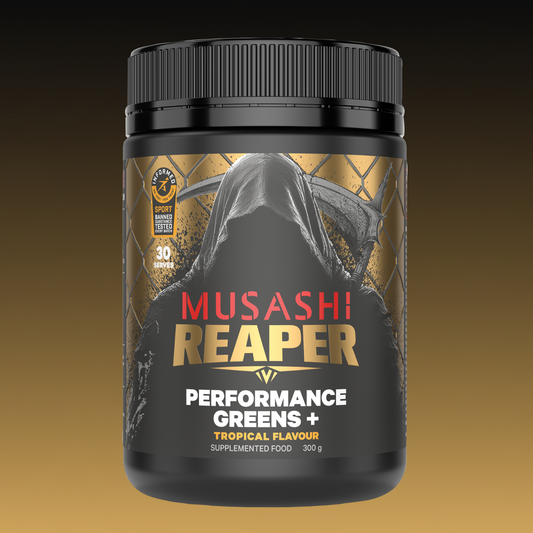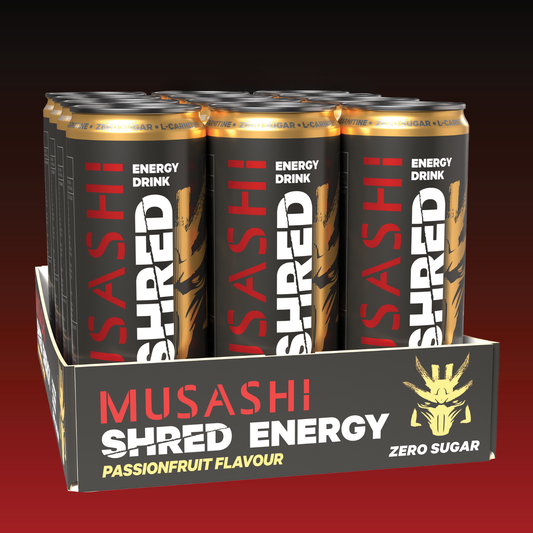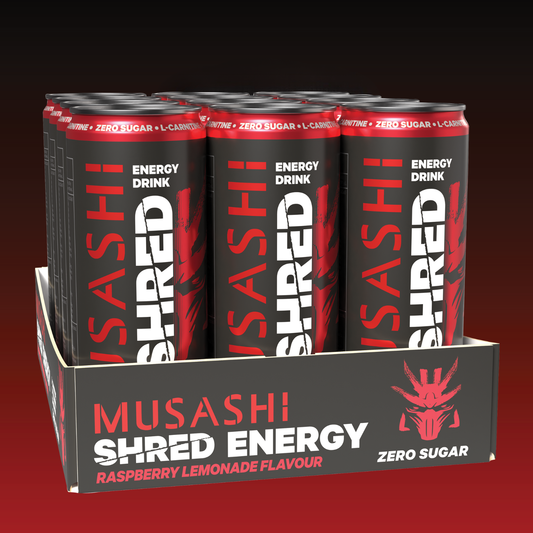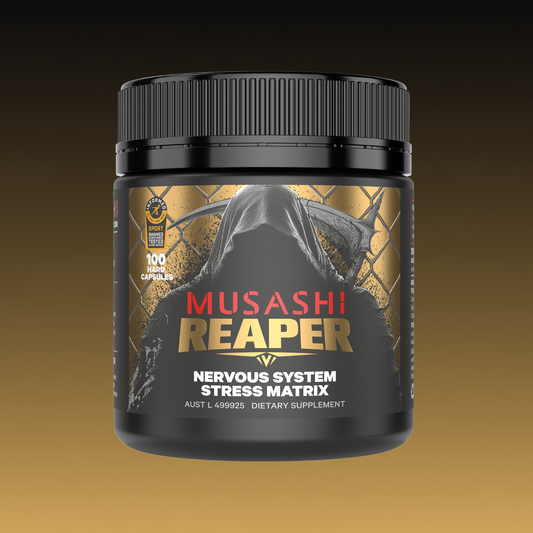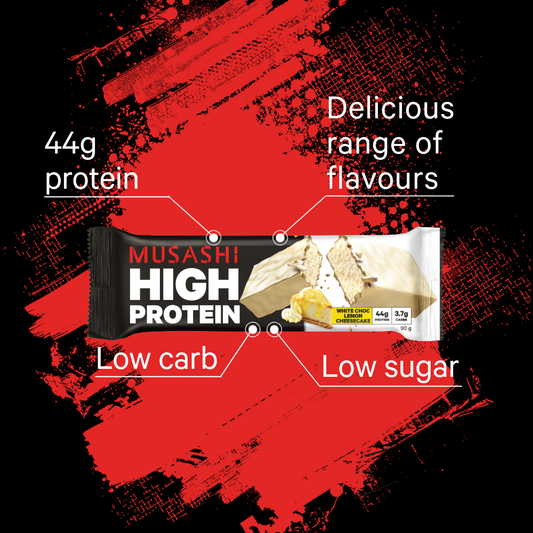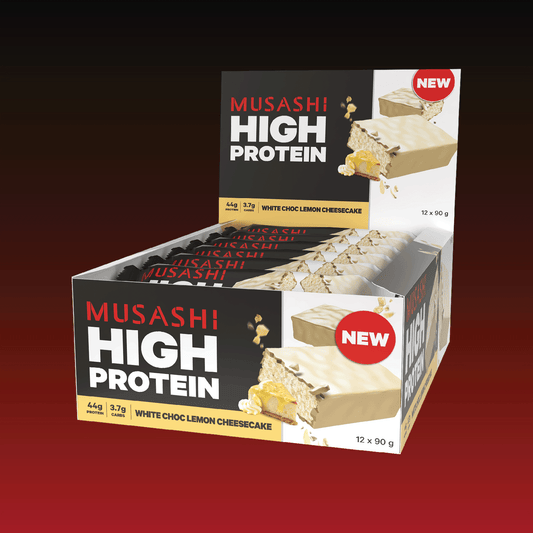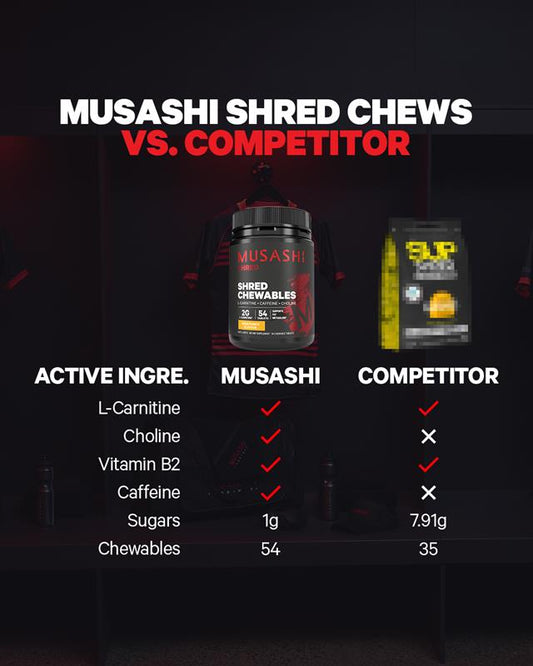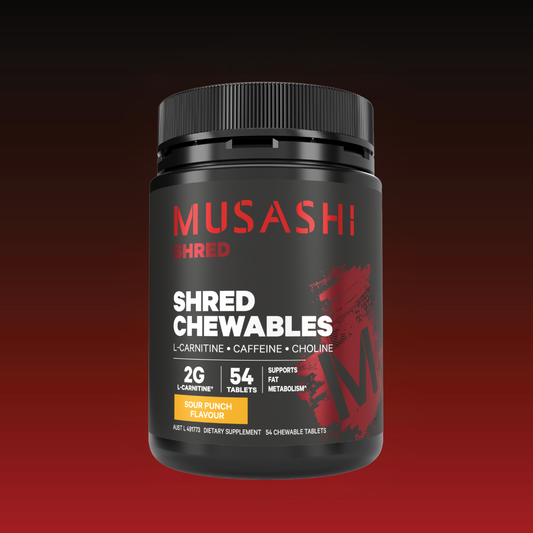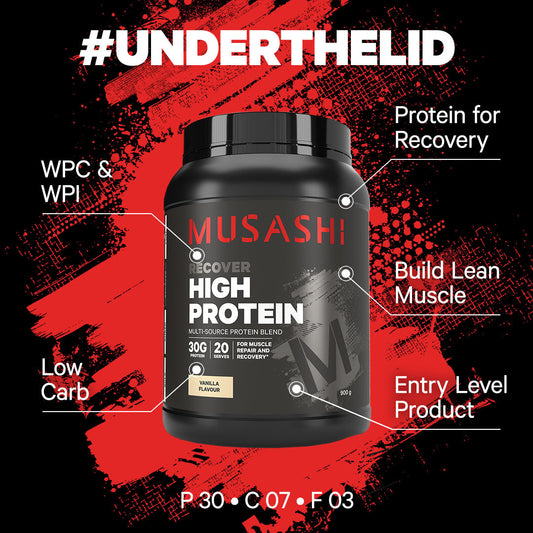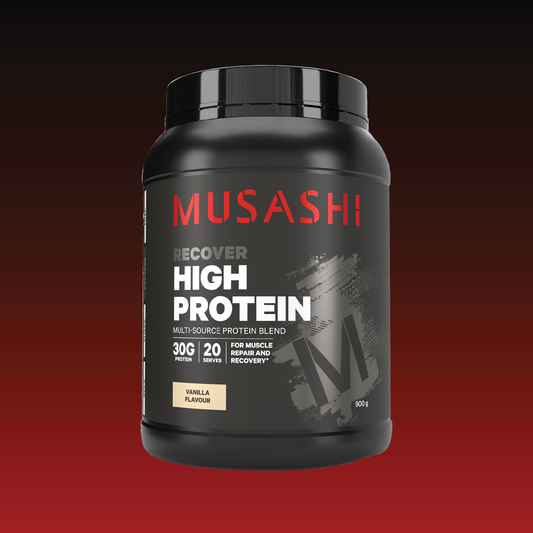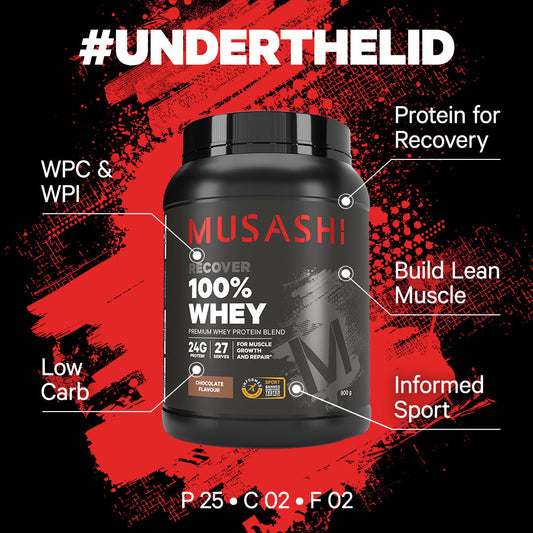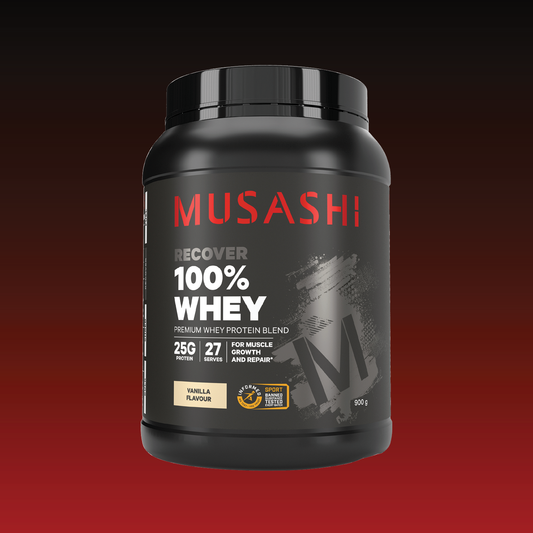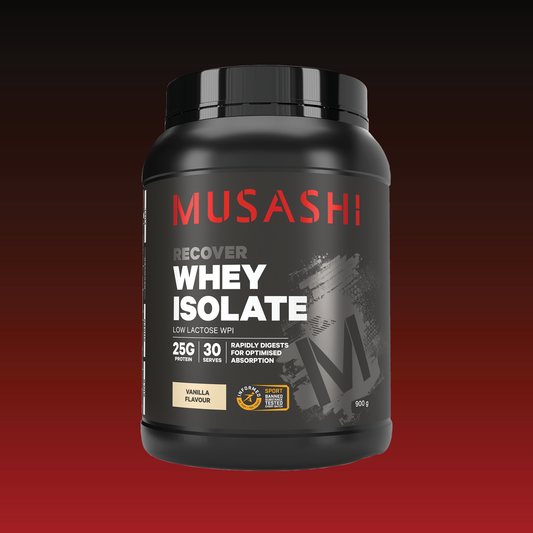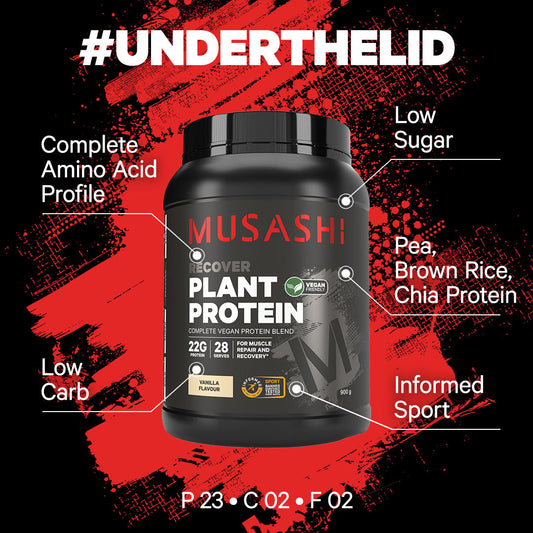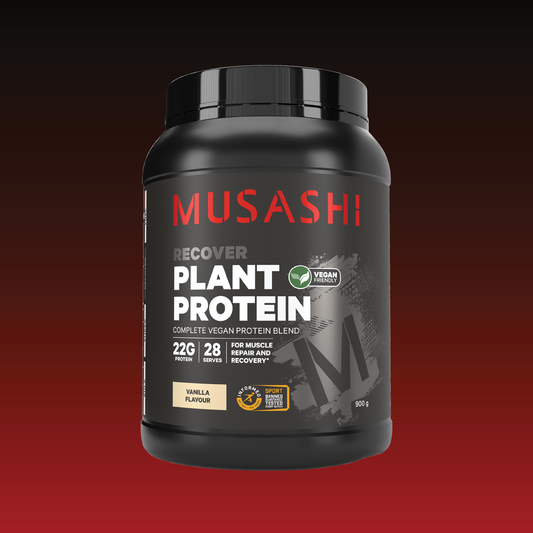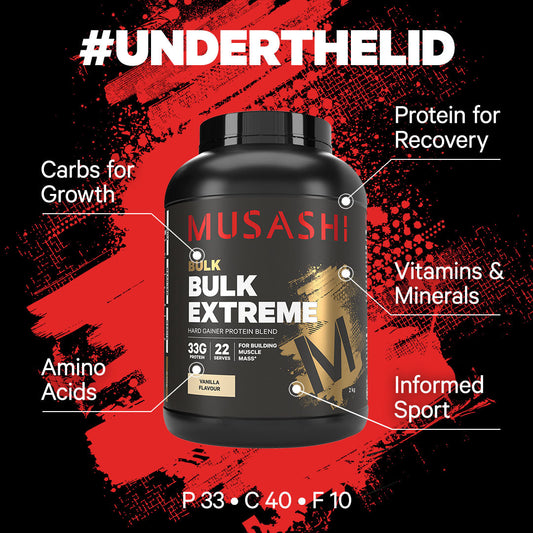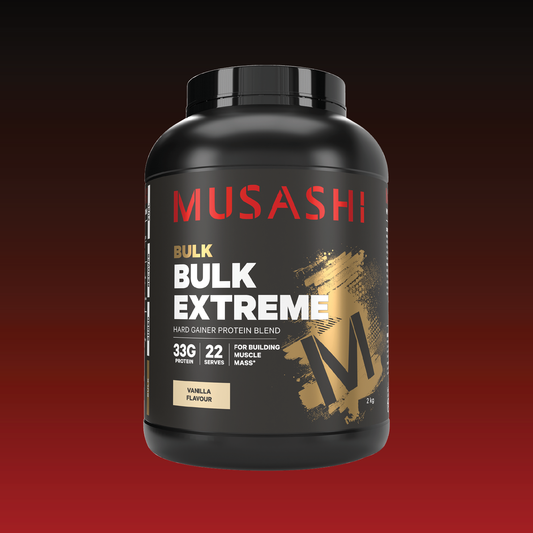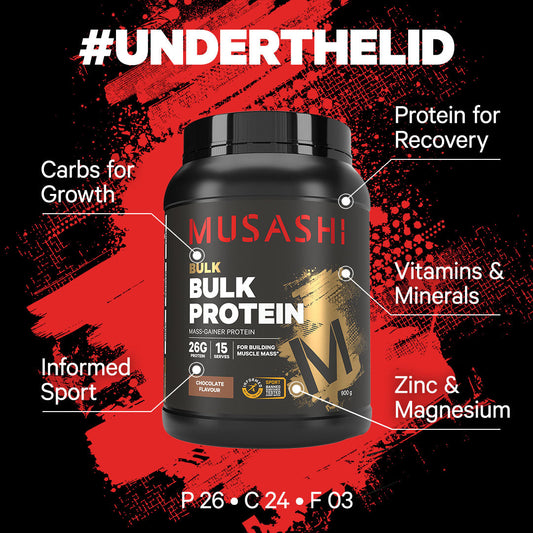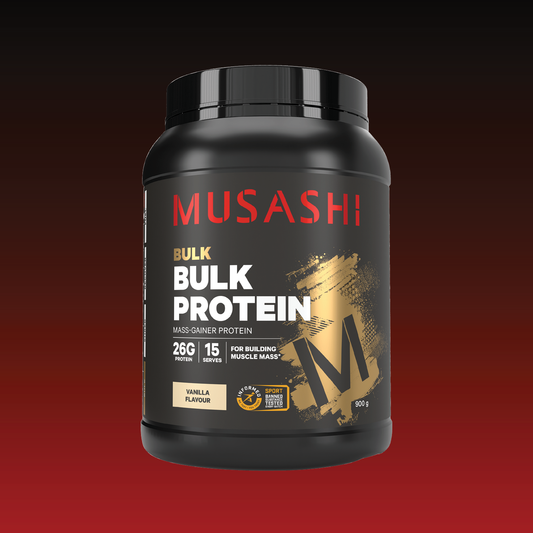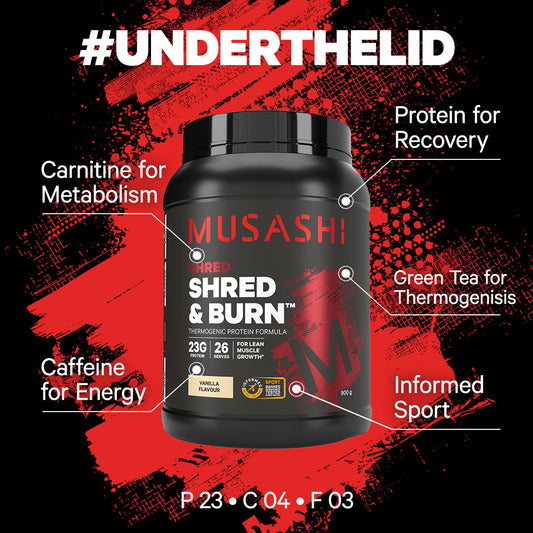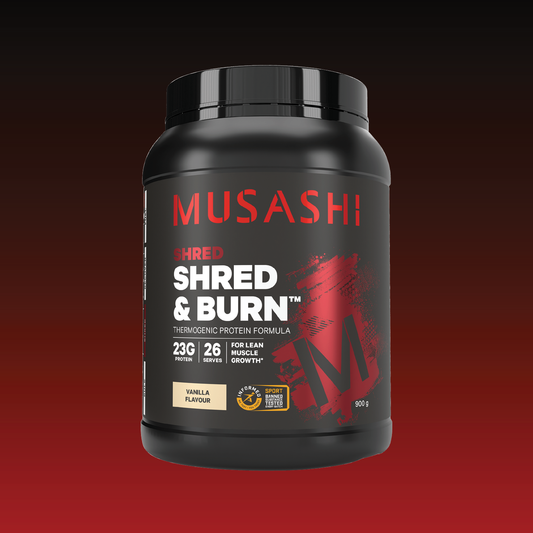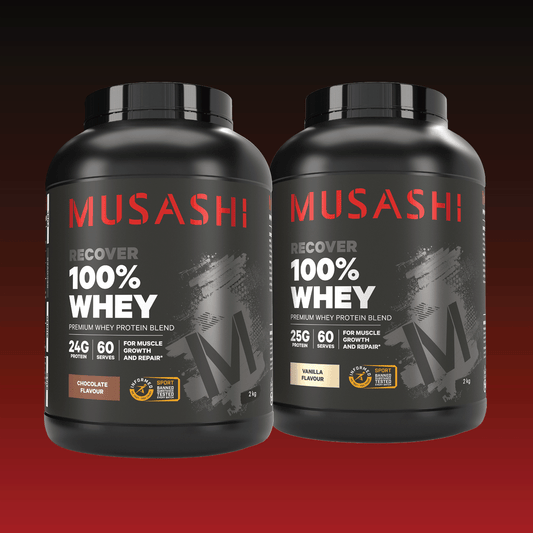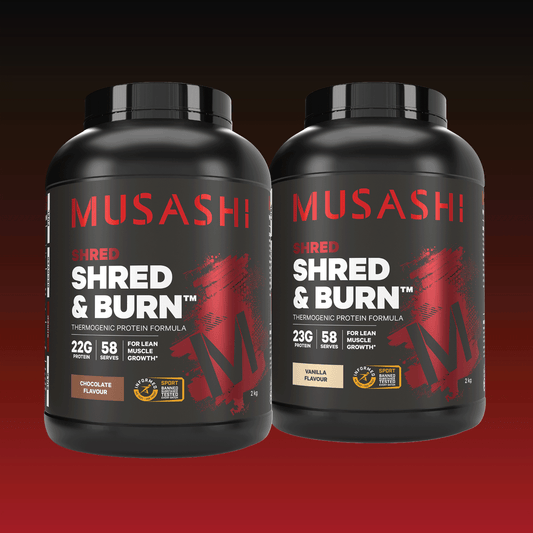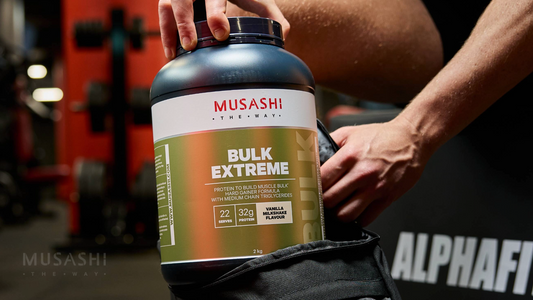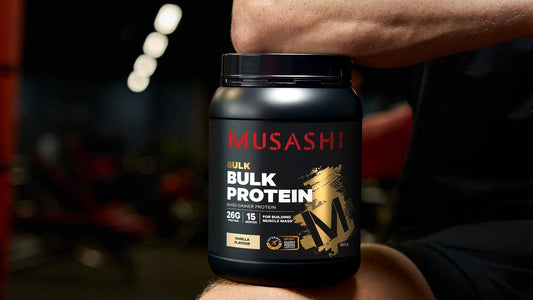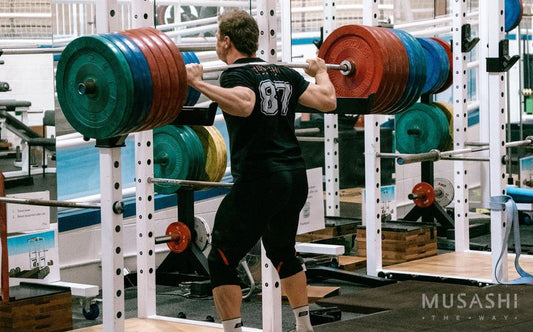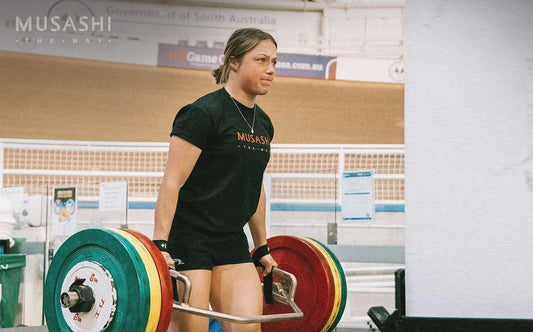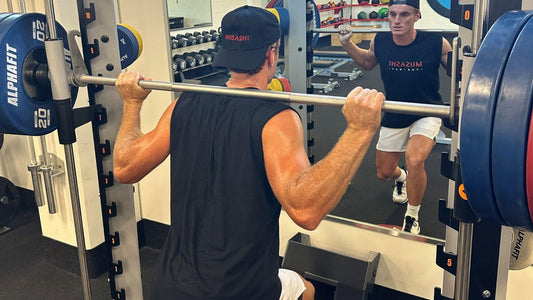
Cortisol is a hormone that is released by the adrenal glands in response to stress. It is commonly referred to as the “stress hormone”. This hormone has several functions in the body, including regulation of blood sugar levels, metabolism, and immune response. Cortisol also plays a role in fat loss and sport performance.
Cortisol and Fat Loss
Cortisol affects fat loss in several ways. When cortisol is released, it signals the body to break down stored glucose in the liver and muscles into glucose so that it can be used as fuel for energy. This is known as gluconeogenesis. Additionally, cortisol stimulates the breakdown of fats and the release of fatty acids from adipose tissue. These fatty acids are then used as fuel for energy production. In this way, cortisol can promote fat loss. However, chronic or long-term stress can lead to increased cortisol levels, which can have the opposite effect on fat loss. Elevated cortisol levels can cause the body to store fat, particularly in the abdominal region. This is because cortisol triggers the release of insulin, which promotes fat storage. Additionally, high levels of cortisol can lead to an increased appetite and cravings for high-fat, high-sugar foods, which can lead to weight gain and hinder fat loss efforts.
Cortisol and Sport Performance
Cortisol also plays a role in sport performance. During exercise, cortisol is released to provide the body with energy to sustain physical activity. Cortisol also helps to increase blood sugar levels, which is necessary for muscle function during intense exercise. In this way, cortisol can improve athletic performance. However, cortisol levels can become elevated during prolonged or intense exercise, particularly when the body is under stress. This can lead to negative effects on sport performance. Elevated cortisol levels during exercise can lead to muscle breakdown and decreased protein synthesis, which can lead to muscle weakness and fatigue. Additionally, high cortisol levels can impair the body’s ability to recover after exercise, which can lead to decreased performance in subsequent workouts.
Managing Cortisol Levels
To promote fat loss and optimal sport performance, it is important to manage cortisol levels. One way to do this is to reduce stress. Chronic stress can lead to elevated cortisol levels, which can have negative effects on the body. Incorporating stress-reducing techniques such as meditation, deep breathing, and yoga can help to lower cortisol levels. Additionally, proper nutrition and sleep can also help to regulate cortisol levels. Eating a well-balanced diet with adequate protein such as Musashi 100% Whey, carbohydrates like Musashi Bulk, and healthy fats can help to maintain blood sugar levels and prevent cortisol spikes. Getting enough sleep and practicing good sleep hygiene can also help to keep cortisol levels in check.

